Living things contain chemical molecules called proteins. They perform several different tasks, such as organizing, transportation, and defense. A protein can have up to four different structural levels and is made up of chains of amino acids. Examples of particular proteins are collagen, insulin, and whey.
Large , intricate molecules known as proteins play a number of vital functions in the body. They carry out the majority of the work in cells and are necessary for the control, structure, and function of the body’s tissues and organs. These proteins give cells support and structure. They also produce large scale movement in the body.
How to create proteins?
Twenty plus fundamental building components known as amino acids are used to create protein. Our bodies produce amino acids in two different ways since we cannot store them: either from scratch or by altering existing ones. The essential amino acid must be obtained from diet.
Classification of protein
There are different categories of proteins
Simple protein
They only produce the amino acids and a few rare minor carbohydrate molecules when digest in body.
Conjugated Proteins
In the body, simple proteins are mixed with various non-protein substances.
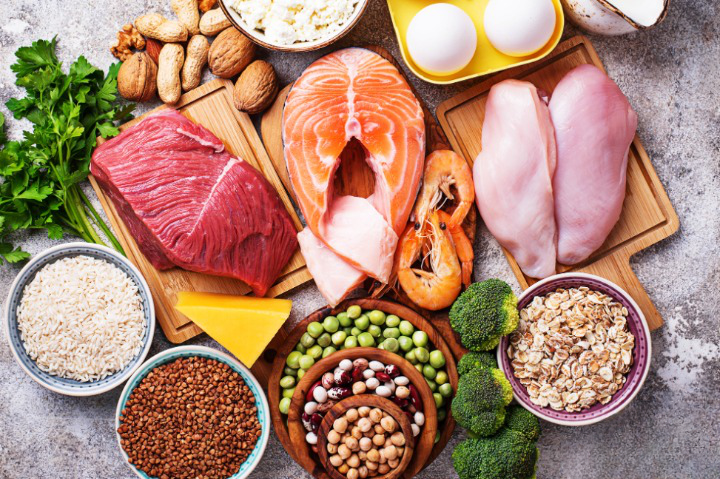
Derived proteins
In the body, simple proteins are mixed with various non-protein substances.
Protein Facts on body and hair
Your body’s protein composition influences how your cells divide for growth, pregnancy, and healing.
Although plant proteins lack some important amino acids, they may nevertheless be healthier than animal proteins because they are fat, contain no cholesterol, and have a lot more dietary fiber.
Quinoa , a plant that resembles a grain, is a superb source of complete protein since it includes all nine essential amino acids.
Losing weight is aided by a high protein diet. You eat less because foods high in protein make you feel full for a long time. In addition, because protein requires more energy to digest, more calories are burned. The cause of weight reduction is this. Do keep in mind that consuming a lot of protein has significant health risks.
Do you worry about hair loss? Proteins make up the majority of your hair. For two to three years, they continue to develop continually before falling out and being replaced by new hair. Thus, a protein deficiency may result in increased hair loss. Consume foods high in protein to stop hair loss.
Average need of high protein foods
Any diet must have protein as a staple. For every 20 pounds of body weight, the average human needs 7 grams of protein per day. Numerous foods include protein, thus many people can easily achieve this objective. But not every protein “package” is the same. Food contains much more than just protein, much more than just protein, so it’s crucial to consider the other ingredients as well. The Healthy Eating Plate promotes consuming foods high in healthy protein for this reason.
When feasible, get your protein from plants. Eating nutt, seed whole grains, legumes (beans and peas), and other plant-based sources of protein is good for both your health and the health of the environment. Make cautious to vary your protein sources if the majority of your intake comes from plants to ensure that no “essential” protein components are missed. The good news is that there are many alternatives to mix and match within the plant kingdom.
Protein and health research
The available research suggests that rather than protein quantity, what matters more for human health is the source of the protein (or the protein “package”). The scientific proof is that consuming healthy protein sources like beans, almonds, fish, or chicken instead of red meat and processed meat can reduce the risk of various diseases and early death. You need to examine the research on each disease and the protein facts.




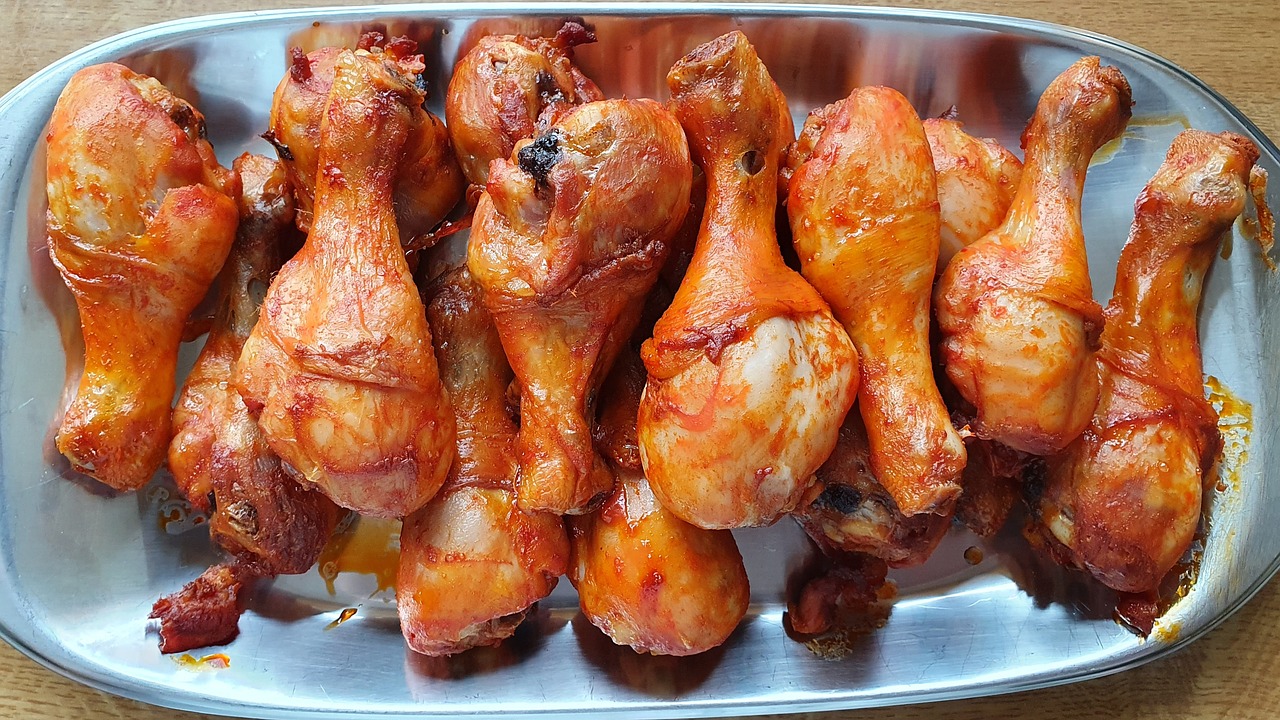
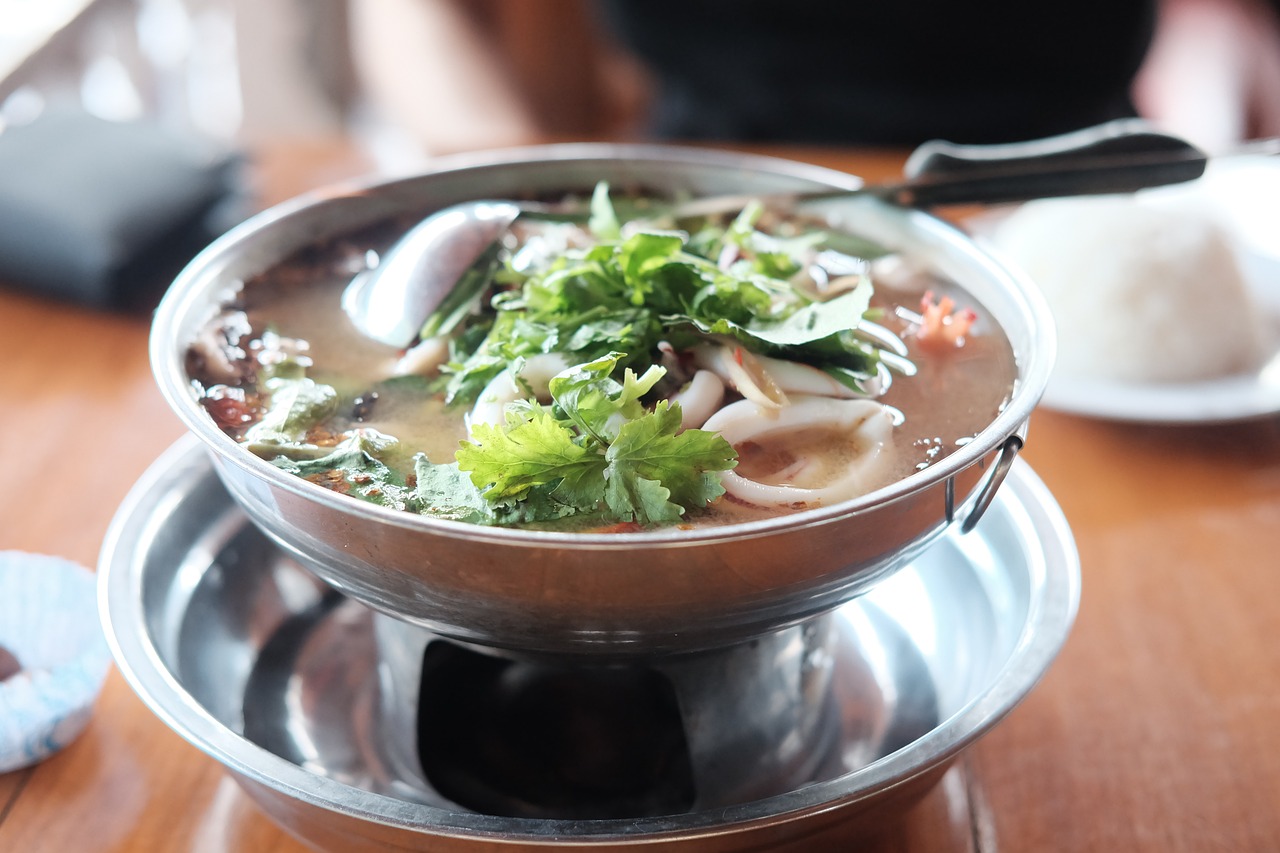
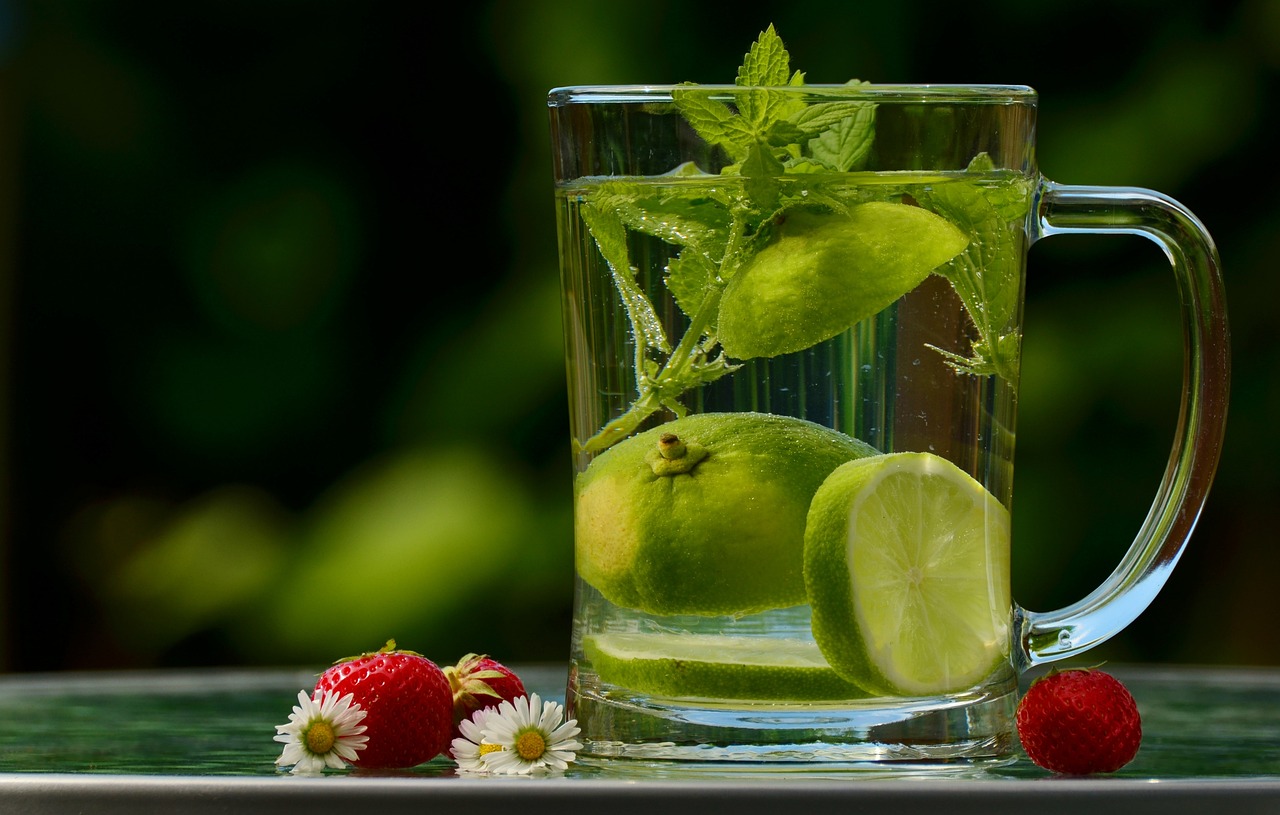


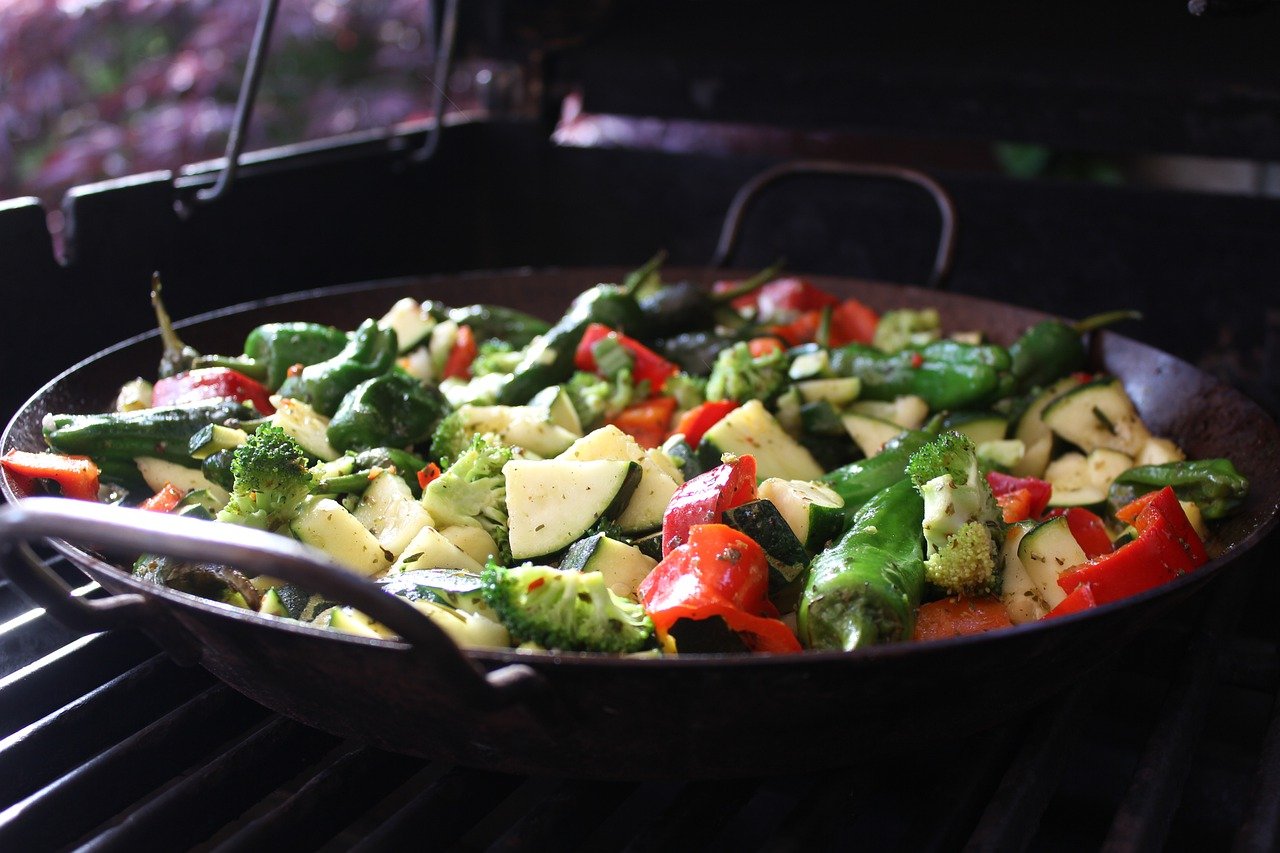
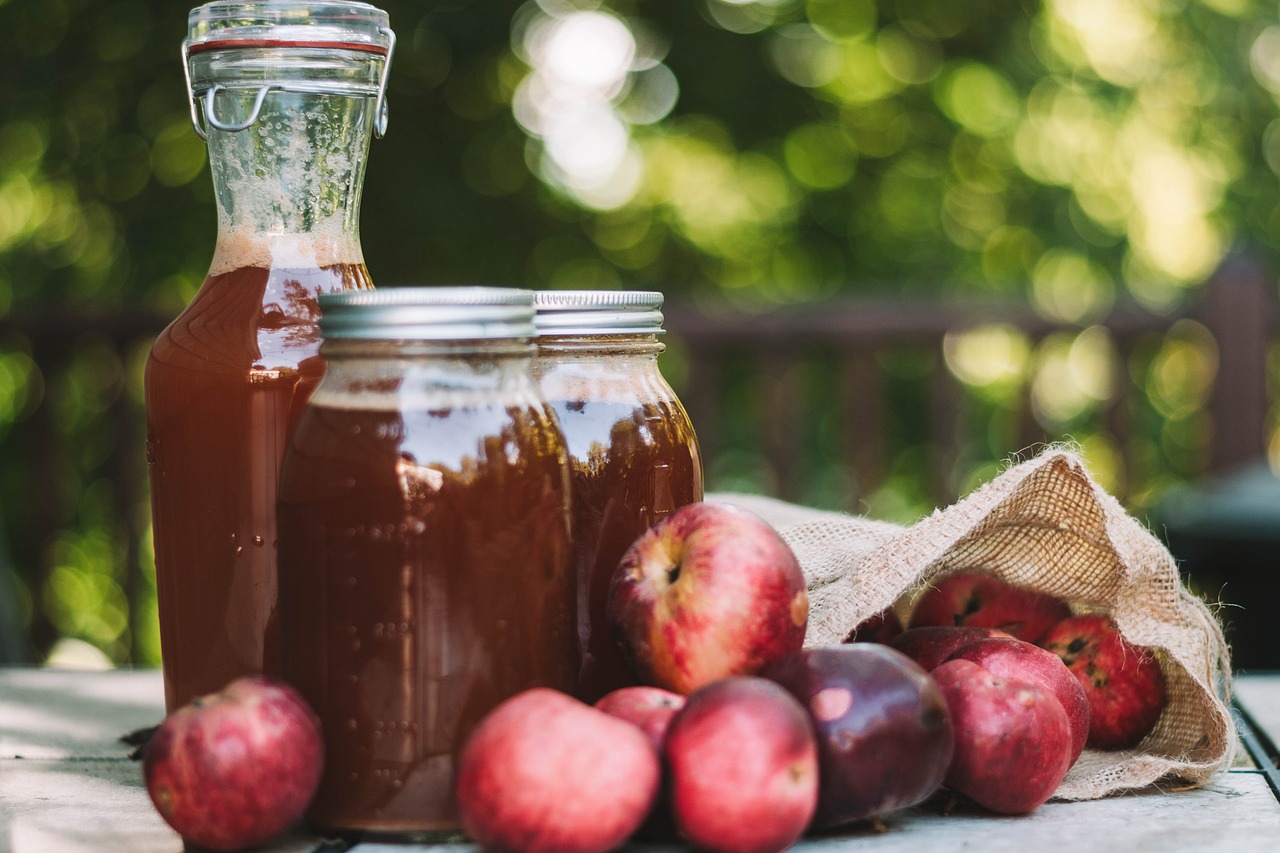

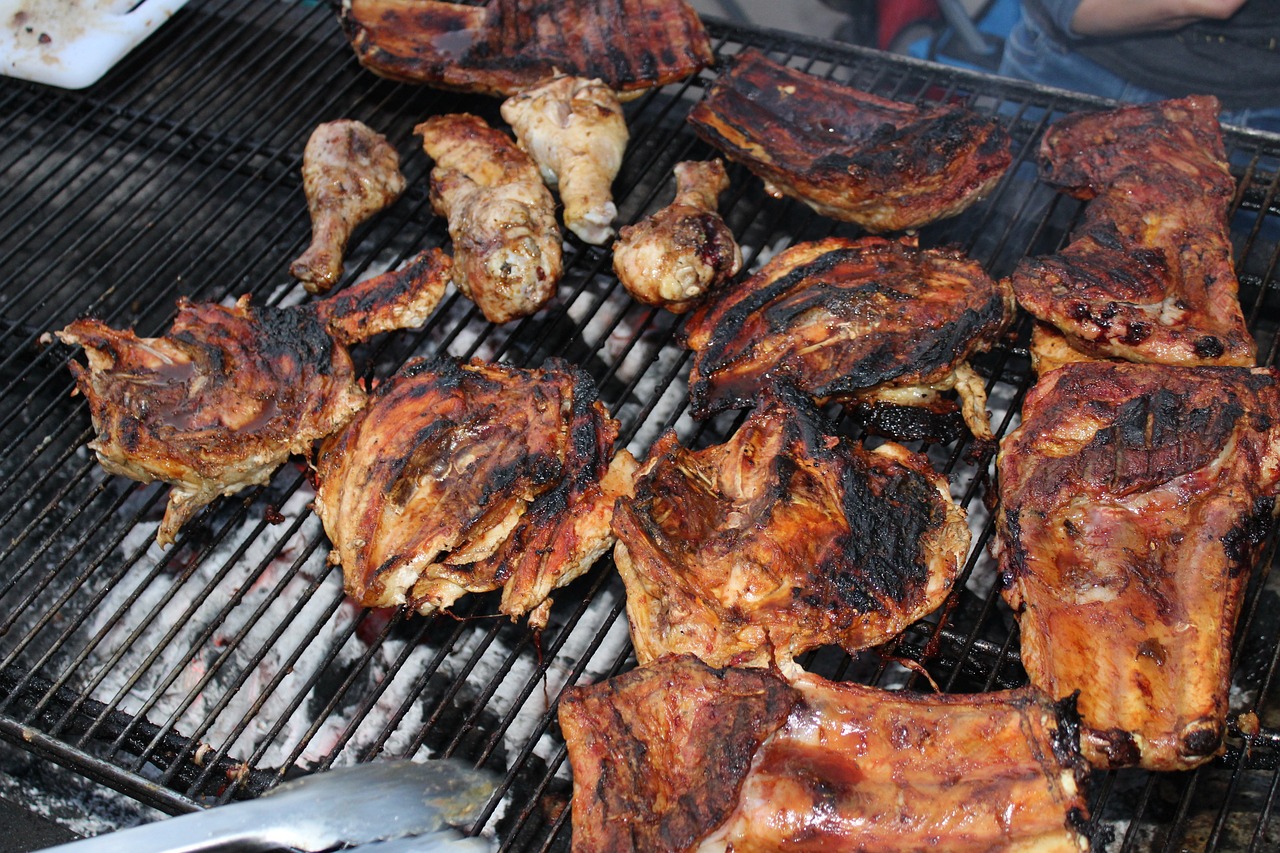
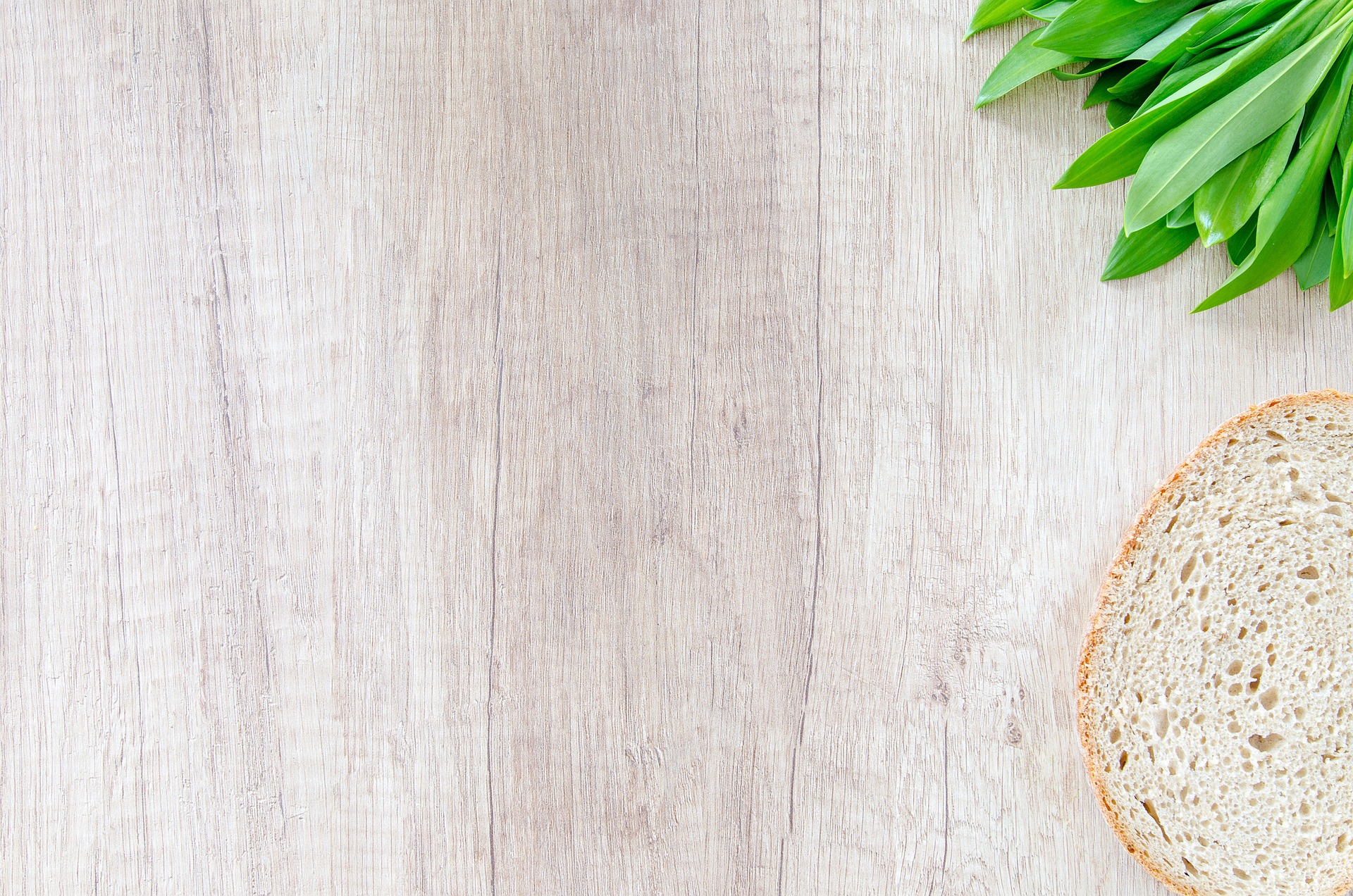
Leave a Reply
View Comments